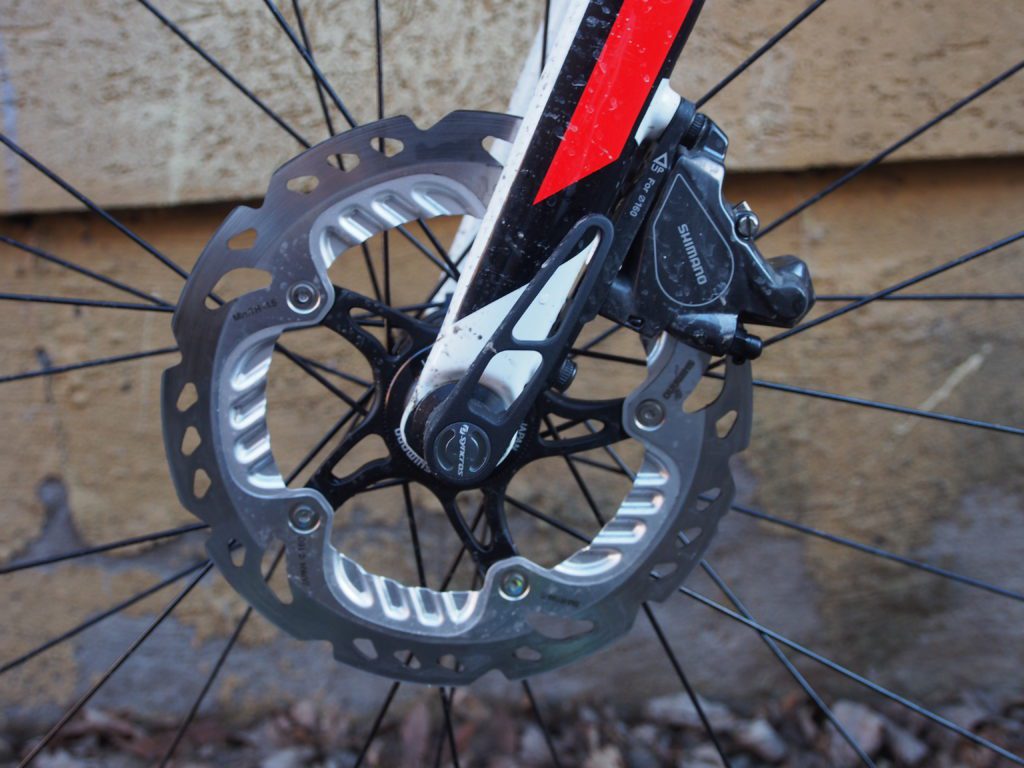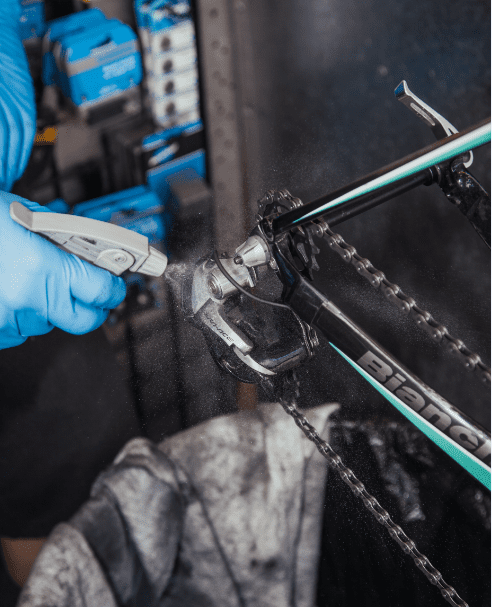Did you hear that? What your bike is trying to tell you when it makes noise
To be one with your bike, you must learn to speak its language. A bike can emit several creaks, grinds and snaps to tell you when and where you need to pay more attention to it.
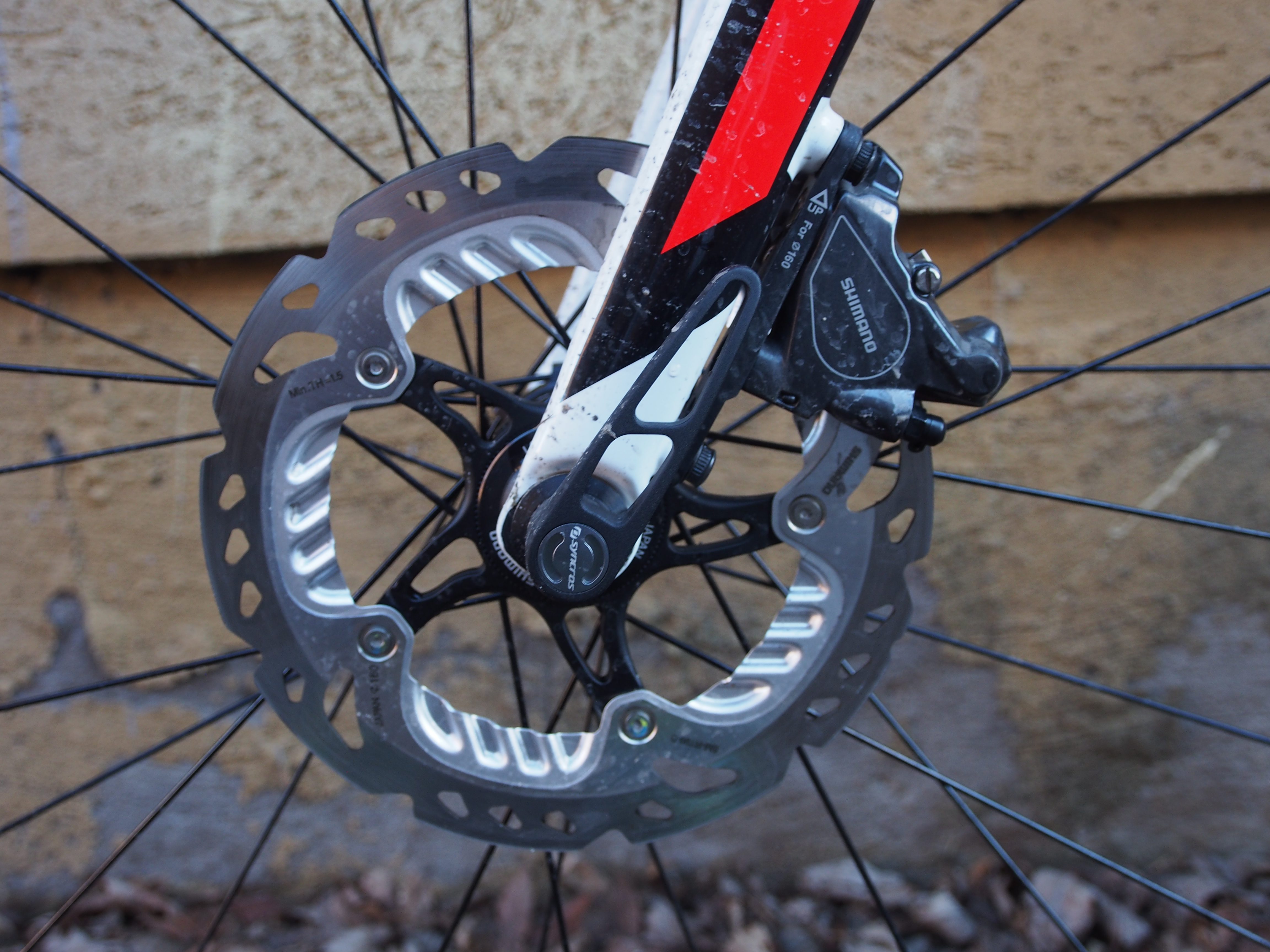
To be one with your bike, you must learn to speak its language. A bike can emit several creaks, grinds and snaps to tell you when and where you need to pay more attention to it.
A creak or snap, typically heard when climbing or sprinting, is usually caused by a vital component working loose or getting dirty. It can, in some cases, be a sign of imminent failure as a cracked frame, handlebar or seatpost can create a similar sound to that of a dirty bottom bracket. Because of these similarities, it is very important to investigate the source of the noise to ensure your ride is safe and sound.
RELATED: When to replace these 6 bike parts
Here are a few common problem areas and steps to silence these situations.
Why do my brakes squeal?
The most cringe-worthy sound a bike can make is squealing brakes. Both rim and disc brakes can scream if they are not set up correctly, or are worn or contaminated. Rim brake pads need to be toed in, so that the front of each pad comes in contact with the rim first. Toeing in the pads reduces the vibration that causes the sound. Centring the calipers will help as well; ensure that when you squeeze your brake lever, the pads hit the rim simultaneously. Carbon rims are light and fast, but using the wrong pad compound on carbon can drown out even the loudest trash talkers on your ride. Carbon rims are also less than ideal in wet, or even humid, conditions. Stick with the pads your rim manufacturer recommends. I like to use the softer compounds for wet conditions. They wear faster, but offer much more responsive and quieter braking through a variety of conditions.
Disc brakes can get noisy with any contamination from chain oil overspray, greasy mud or even fingerprints on the disc. Keep your discs clean with a specific cleaner designed to dry without residue. Using an organic-based pad (as opposed to a metal base) and centring the caliper on the rotor can reduce the squeal significantly.
Why does my bottom bracket creak?
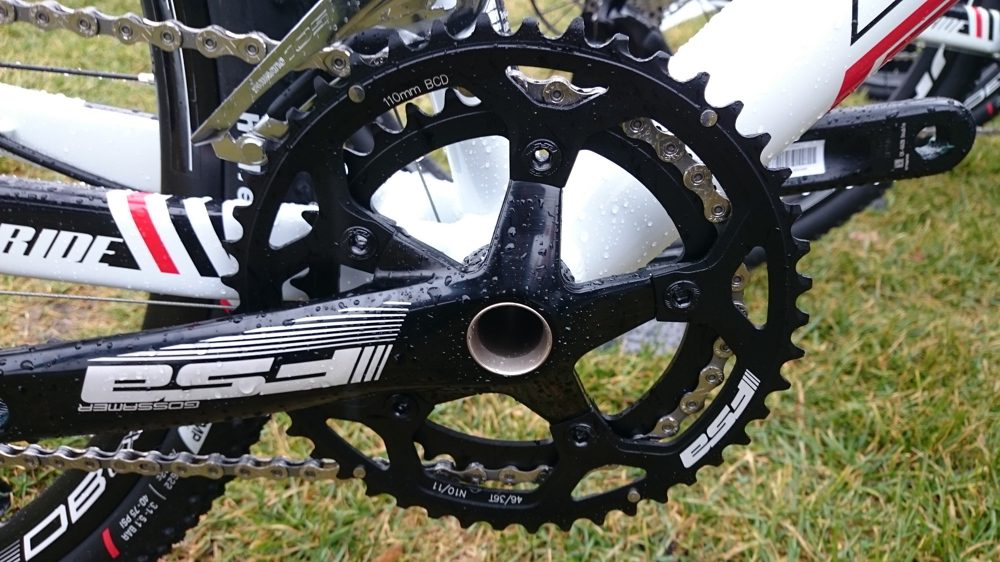
The bottom bracket is a notorious noisemaker. It is prone to issues because of the strong forces that act upon it. It’s also very susceptible to water and dirt contamination. Several things can result in a creaky bottom bracket: a loose crank, worn, damaged or dirty bearings, and loose or dirty bearing cups.
RELATED: 5 easy steps to make your components last longer
The best way to fix a noisy BB is with an overhaul. Remove, inspect, clean, grease and reinstall the cranks and bracket to eliminate the noise. When the bracket is out of the frame, check the bearings for wear. If you rotate the bearing and you feel any pitting or grit, then replace them as they are generally a low-cost, but very important component.
Pedals also face strong forces and a lot of grime. Check them for bearing play and smoothness as well. A drop of dry lube on the retention springs will keep them in good shape.
Why is my handlebar making noise?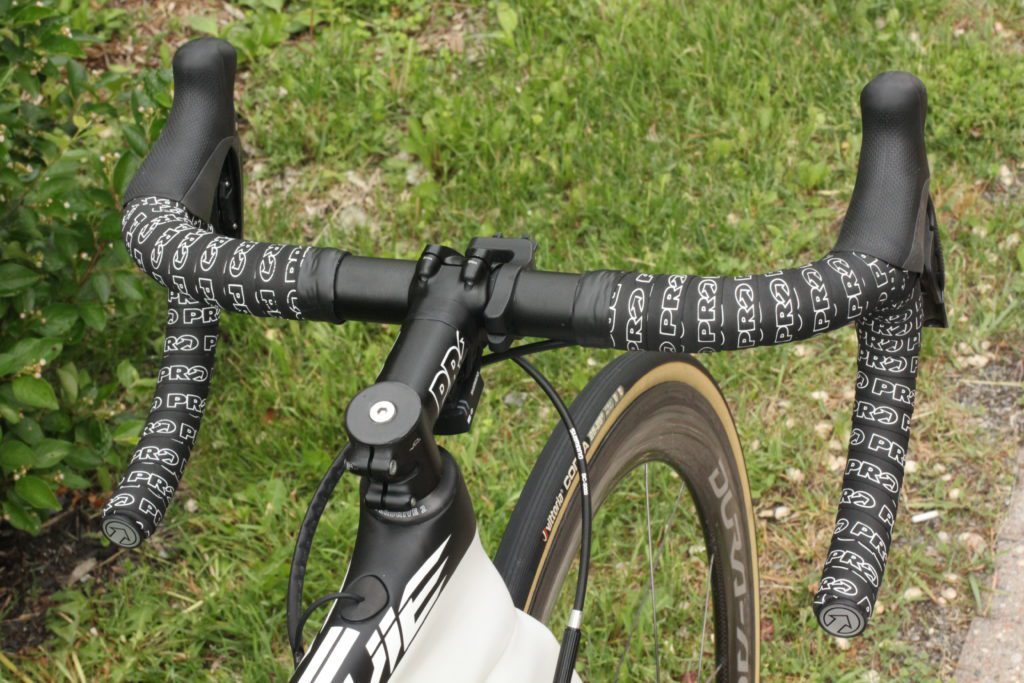
If you hear a sharp, high-pitched popping sound from your cockpit when climbing or sprinting, it is something that should be tended to as soon as possible as it could be a sign of a loose bolt. Usually a quick fix is to do a quick torque check on all of the bolts on your stem. If you do find a loose bolt, a good practice is to remove it completely, inspect it for damaged threads and if it checks out, clean and grease it before reinstalling.
Also check for headset bearing play. Cup your hand around the top of the headset with one hand and hold the front brake tight with the other. Push the bike straight forward, then pull it back and feel for any movement between the fixed cup (or frame with integrated systems) and the top bearing cap. Play causes the seals to open up, letting dirt and water in. If there is excessive play, an overhaul may be required to remove dirt and clean all the contact surfaces.
Why are my gears skipping?
One of the most common recurring mechanical issues is poor gear alignment. A combination of cable stretch, dirt, wear and delicate components can cause lots of grief. A bent derailleur hanger is a common issue causing the gears to skip in the high and low end of the range and needs an alignment gauge to fix. A stiff chain link may not affect your shifting, but will cause an audible click-clack as it passes through the derailleur. You’ll see the bad link because it won’t straighten out like the rest between the chainring and cogs.
If you have to shift twice to move up one cog, or when you shift once, you get nothing but a bunch of noise, then your cable tension is too low. If you shift to a smaller cog and nothing happens, then your cables or housing is most likely worn and dirty and should be replaced.
RELATED: 10 things to check before you ride your new bike
In more extreme cases, your cassette can come loose. Try to wiggle your cassette cogs side to side: if there is play between the individual cogs, remove the wheel, inspect the lock ring for damage and tighten. If the cogs seem snug, but the whole cassette moves side to side, you could have a faulty freehub body or bearing. If so, the components need to be replaced.
There are a number of other hard-to-source sounds that could be disrupting your ride. If these tips don’t provide the solution you require, then seek out the assistance of a pro. A quiet bike is a happy bike.
